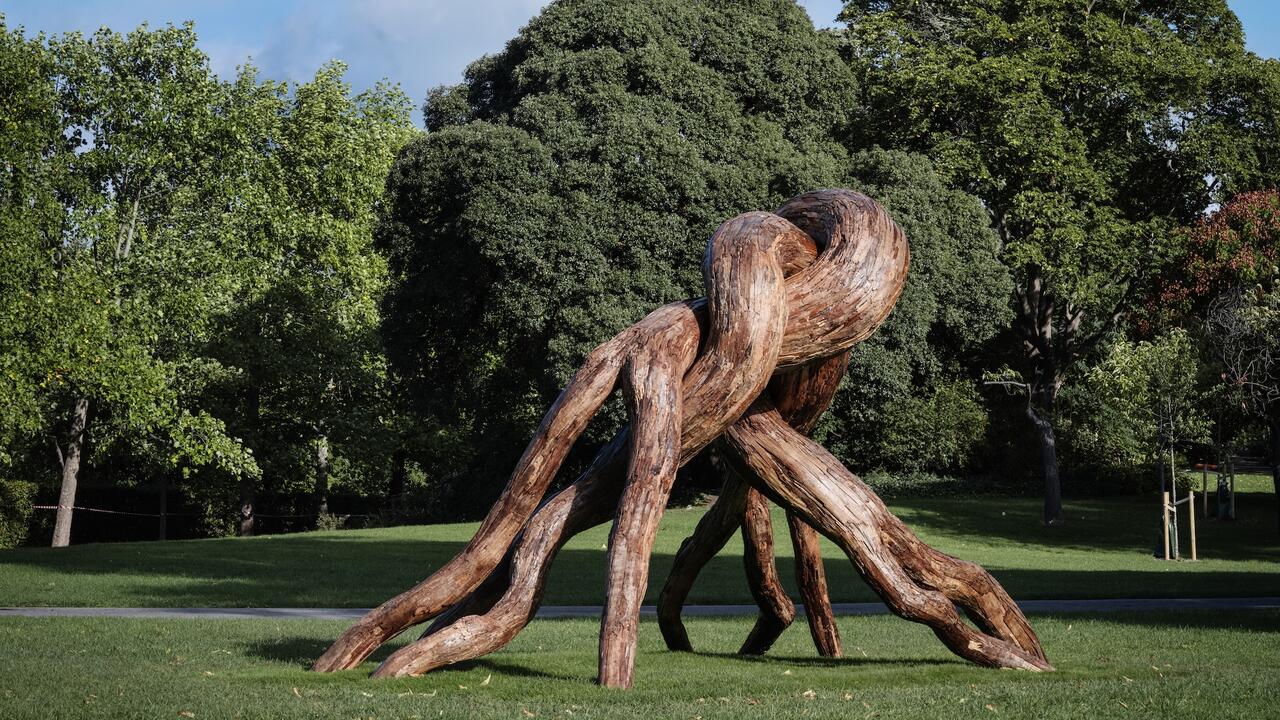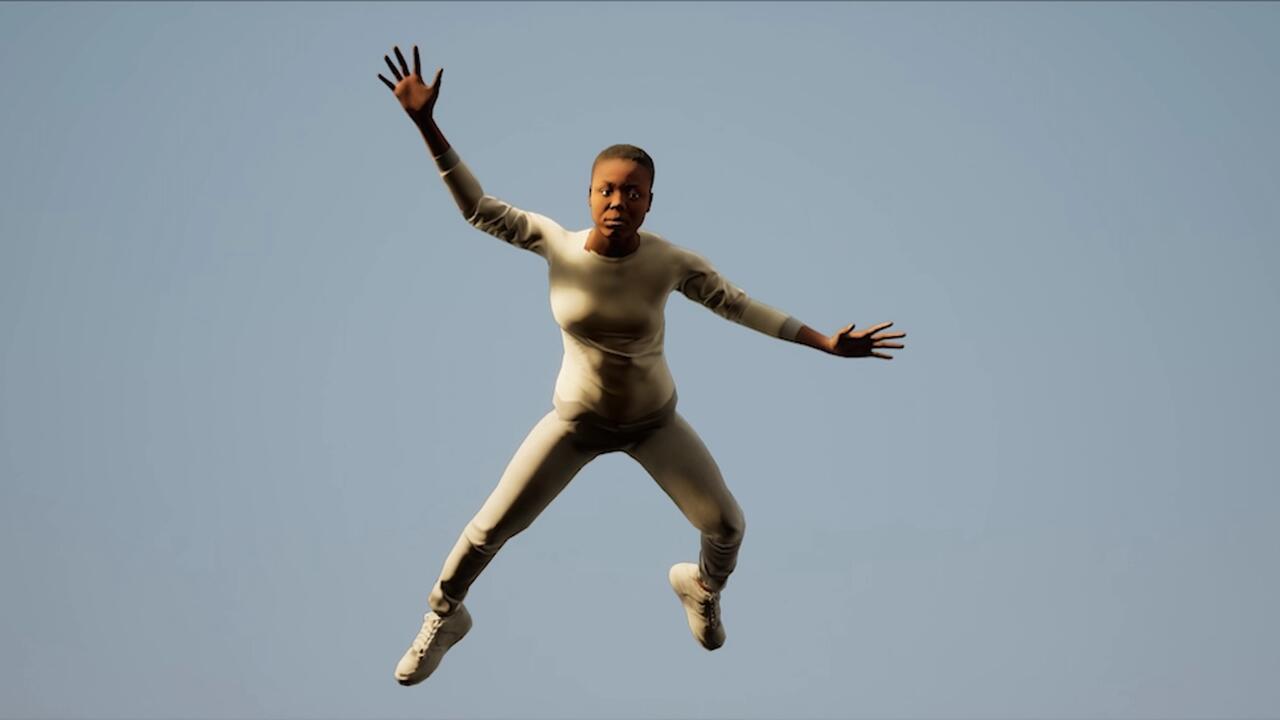The Sinking of the Titanic
Roundhouse, London
Roundhouse, London

The Roundhouse in North London is full of ghosts. Indeed, since it reopened in 2006, the building could even be considered a ghost of itself. A display on the first floor currently celebrates its 1960s heyday, when bands such as The Doors played legendary shows here and R.D. Laing organised a symposium at which Gregory Bateson and Herbert Marcuse spoke. All of these names come from a history that still haunts us – Morrison is more vividly present figure than anyone from today’s backward-looking rock scene – but to which we no longer belong.
The highlight of this evening – which is part of audio-visual label Touch’s contribution to a four-day electronica festival – is a performance of Gavin Bryars’ The Sinking Of The Titanic, a piece that was originally composed in that (now scarcely conceivable) ’60s world. Though composed in 1969, The Sinking Of The Titanic is an ‘aleatoric’ work, intended to evolve with each performance: ‘the piece has always been an open one,’ Bryars writes on his website, ‘being based on data about the disaster but taking account of any new information that came to hand after the initial writing.’
The Sinking Of The Titanic was always about loss, about the voices of the dead and the persistence of sound in water. (The piece is based around the story that the Titanic’s band played the hymn ‘Autumn’ as the ship sank; Bryars uses all kinds of ‘echo and deflection phenomena’ to simulate a slow descent to the sea bed.) It was the recent recording of The Sinking Of The Titanic – made by Bryars, Italian ensemble Alter Ego and Philip Jeck in 2005, and released by Touch in 2007 – that synchronized Bryars’ composition with the broken temporality of this decade. Specifically, it was the involvement of Jeck that brought the work in to tune with what some of us have been calling the ‘hauntological‘ tendency in this decade’s music.
But this decade’s sonic preoccupations have not only been with traditional themes of loss and persistence; instead, they have coalesced around the feeling that ‘time is out of joint’, a shared sense of being exiled from both expansive modernism of the early 20th century, but also from a more recent popular modernism that spaces such as the Roundhouse used to host. Like his contemporaries – artists such as Burial, William Basinski and The Caretaker – Philip Jeck has poeticised our current time-crisis by invoking a past whose tantalizing distance from us is made audible in the surface noises of ostensibly obsolete playback technologies: the crackle of vinyl providing an insistent spectral trace of palpable forms, radically different from today’s dematerialized mp3s. Listening now to the original recording of The Sinking Of The Titanic after hearing the version recorded with Jeck, it sounds as if it is lacking something essential: Jeck’s miasmic crepitations give the piece’s grand melancholy a texture and a friction which now seem integral to the piece.

Photograph: Ester Segarra / shot2bits.net
Jeck’s turntablism is no dilettante act of (what composer John Oswald termed) plunderphonics; there’s a tenderness in the way he summons phantoms and phantasmagorias from records retrieved from charity shops. Tonight, as ever, he leans over his two portable record players with the air of a kindly inventor keeping careful watch over beloved machines. He is playing with the Gavin Bryars Ensemble, which includes a string quartet that, as Bryars confirmed in the comments to this review is ‘composed entirely of my four children’ – his three daughters and his nine-year-old son.
All is set fair for a voyage back into The Sinking Of The Titanic‘s strangely exhilarating sadness. As usual, the performance begins with the lonely tolling of a bell, after which – as with the 2005 peformance – Jeck sets the tone with a ten-minute quiet storm of crackle. If you’re properly attuned to its swelling and receding rhythms, The Sinking Of The Titanic‘s repetitions are deeply hypnotic. Tonight, however – perhaps because my expectations were so high, or because the performance was so close to the recorded version, or because the sound was somewhat muted – I was unable to get fully immersed. It was a memorable evening, and one that I definitely would not have wanted to miss, though in the end the live performance was unable to eclipse the magisterial sublimity of listening to the CD.













